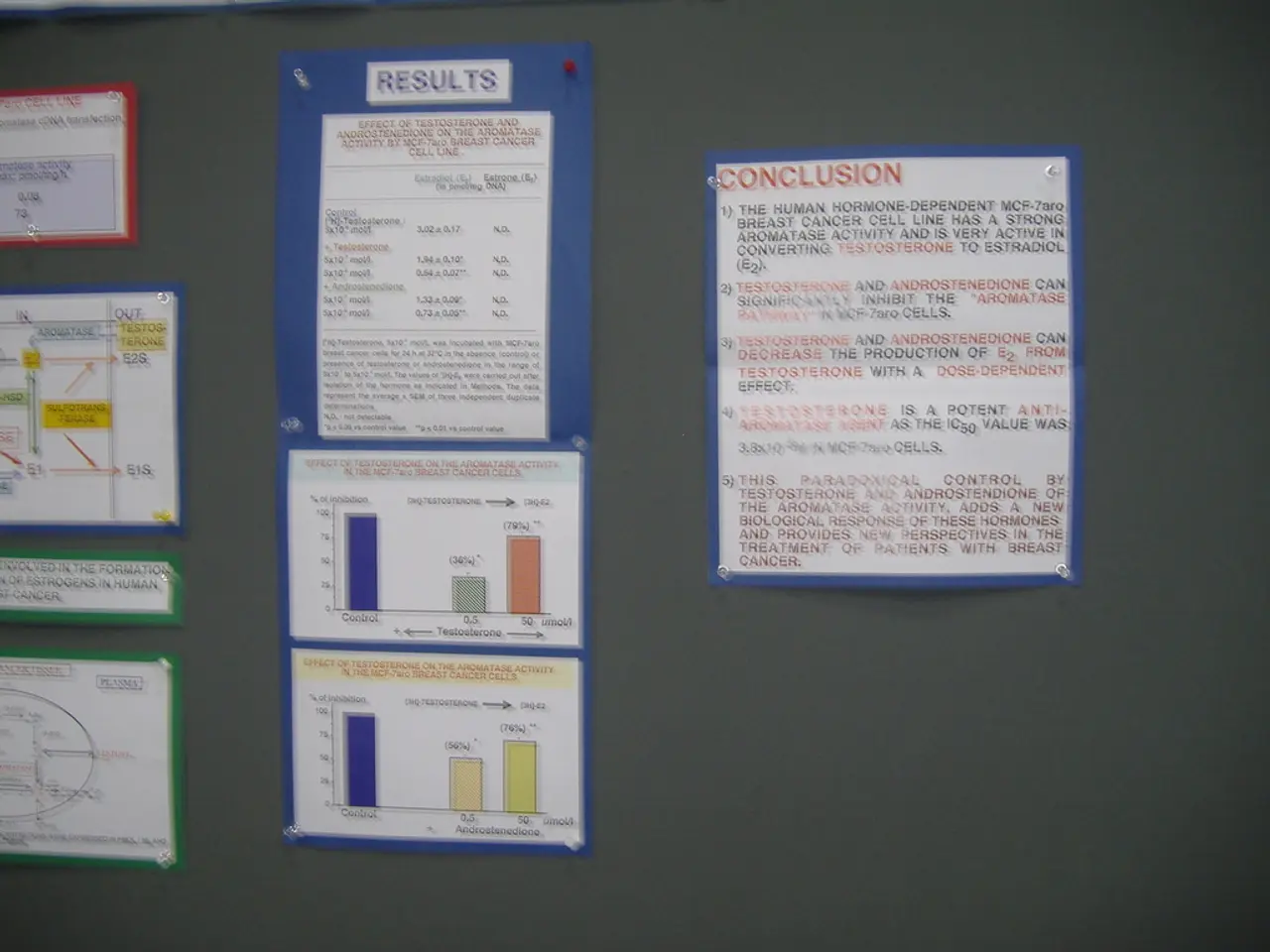Germany supports strengthened penalties against Israeli settlers
Germany, a long-standing ally of Israel, has taken an increasingly critical tone towards Israel's actions in Gaza and the West Bank. The country's official stance is that it does not currently recognize Palestine as a state and views recognition as something to occur at the end of a negotiated two-state solution process [1][2][3].
Last week, German Foreign Minister Johann Wadephul met with Palestinian President Mahmoud Abbas in Ramallah, reaffirming Germany's policy that "a Palestinian state must have a chance" [4]. However, Wadephul emphasized that the process towards Palestinian statehood "must begin now," but recognition itself should come only after a sustainable peace agreement is reached through negotiations [1][2].
In response to the ongoing humanitarian crisis in Gaza, Germany has been active in providing aid. Two German Air Force aircraft dropped 34 pallets over Gaza carrying food and medical supplies on Friday, marking the fourth such operation this year [5]. The aid was dropped from the Muwaffaq Salti Airbase in Jordan, where Germany has troops stationed as part of an anti-ISIS mission in neighboring Iraq.
Germany has also called for further sanctions on violent settlers and urged the Israeli government to keep order. Wadephul condemned acts of terror in the West Bank town of Taybeh, where Christians were attacked by Israeli settlers, and criticized Israel's expansion of settlements in the West Bank, including a plan for almost 3,500 new housing units known as E1 [6][7].
However, Germany appears to focus on diplomatic engagement and humanitarian aid rather than punitive sanctions targeting settlements. The search results do not indicate that Germany has imposed specific sanctions against Israeli settlers. Instead, Germany stresses its "special responsibility for Israel" and calls for Israel to provide relief for humanitarian conditions in Gaza while supporting aid delivery [1].
Meanwhile, France has announced it will recognize a Palestinian state in September [8], and Britain and Canada are ready to recognize a Palestinian state under certain conditions [9]. These countries' decisions could put pressure on Germany to reconsider its stance, but for now, it remains committed to a peaceful resolution through negotiation.
A future Palestinian state, as per Mr. Abbas, would be demilitarized, including in Gaza [10]. This is in line with Germany's vision of a peaceful, two-state solution that ensures the safety and security of both Israelis and Palestinians.
In conclusion, Germany's approach to the Middle East conflict is characterized by a focus on peace and humanitarian aid. While it has not yet implemented sanctions against Israeli settlers, it continues to call for Israel to address the humanitarian crisis in Gaza and work towards a sustainable peace agreement through negotiations. The country's stance on recognition of Palestine as a state is that it should come at the end of a political process, not before.
- The German Foreign Minister Johann Wadephul met with Palestinian President Mahmoud Abbas in Ramallah, reiterating Germany's policy that a Palestinian state must have a chance, but emphasizing that the process towards Palestinian statehood should begin now, with recognition only after a sustainable peace agreement is reached.
- While Germany is providing aid to the ongoing humanitarian crisis in Gaza, it has been dropped from the Muwaffaq Salti Airbase in Jordan, where Germany has troops stationed as part of an anti-ISIS mission in neighboring Iraq.
- In addition to diplomatic engagement and humanitarian aid, Germany has called for further sanctions on violent settlers and condemned acts of terror in the West Bank town of Taybeh.
- A future Palestinian state, as per Abbas, would be demilitarized, including in Gaza, which aligns with Germany's vision of a peaceful, two-state solution that guarantees the safety and security of both Israelis and Palestinians.







